![]()
![]()
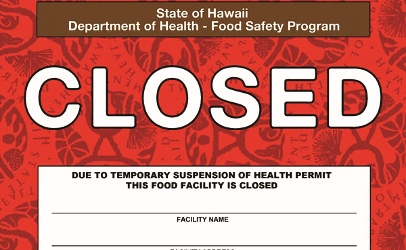 A year after a Hepatitis A outbreak traced to scallops sickened almost 300 people, killing two, the Hawaii Department of Health is imposing new food safety
A year after a Hepatitis A outbreak traced to scallops sickened almost 300 people, killing two, the Hawaii Department of Health is imposing new food safety ![]() regulations.
regulations.
The cornerstone of the state’s updated food safety code is the requirement that all “food establishments” have at least one “person in charge” who has a food handlers education certificate present at all times the business is open and whenever food is being prepared.
Such certification is available in live and online formats from a variety of entities. The training and test generally take less than two hours to complete and usually cost $10 to $15.
“This will ensure a minimum baseline of food safety knowledge for all facility owners and managers,” according to a news release from the Hawaii Department of Health.
The amended food code went into effect Saturday, but businesses have an entire year to comply with the person-in-charge certification requirement.
Another key element of the revisions to Hawaii’s food safety rules and regulations is the state’s full adoption of the U.S. Food and Drug Administration’s 2013 Model Food Code.
“This will provide Hawaii with the most current nationally recognized food safety practices based on the most recent scientific studies conducted on food safety,” according to the news release.
But food safety practices at food establishments were not the problem during the 2016 Hepatitis A outbreak. The 292 people who were confirmed with infections, including two who died, were the victims of imported scallops that were contaminated before they arrived in Hawaii.
The Genki Sushi fast food chain served the scallops raw. The scallops had been harvested in November 2015 in the Philippines. The outbreak in Hawaii began June 10, 2016, and continued through Oct. 9, 2016, according to the site health department.
The outbreak spurred health officials to conduct a series of public hearings in December 2016 and again in March this year to gather comments about amending the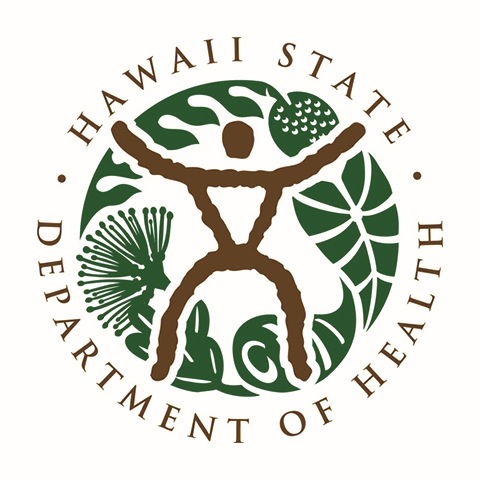 state’s food code. Other changes included in the revisions include:
state’s food code. Other changes included in the revisions include:
- Health inspectors may post placards during all types of inspection, including those for general complaints, and may post a “CLOSED” red placard at food establishments operating without a valid permit.
- The Department of Health (DOH) may refuse permit renewals for food establishments that have unpaid fines or stipulated agreements more than 30 days overdue.
- DOH approval will be required prior to the sale of all “Wild Harvested Mushrooms.”
- Permit exemptions will be allowed for residential child and adult day care providers, and bed and breakfast operators when certain conditions are adhered to. While exempt from permit requirements, these establishments may be subject to state health inspections.
- Exemptions will also be allowed for the sale of “Homemade Foods” foods that are not potentially hazardous, e.g. certain pre-packaged foods. While exempt from permit requirements, these establishments may also be subject to state health inspections.
- Special Event Temporary Food Establishment permits will be restricted to 31 days at a time. Consecutive permits may be allowed. Permit fees will remain at $100 for a 20-day permit with an additional $5 fee for each day over 20 days.
- The section of the rules for Mobile Food Establishments has been removed and these regulations will be incorporated into the general regulations for all food establishments. All Mobile Food Establishments are required to access a state approved facility to support their food operations safely.
- Full adoption of the 2013 FDA Model Food Code to include regulations governing reduced oxygen packaging. This will provide Hawaii with the most current nationally recognized food safety practices based on the most recent scientific studies conducted on food safety.
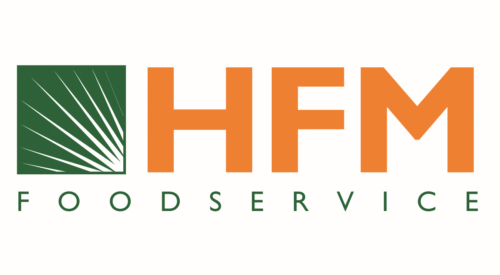 Article made available courtesy of HFM Foodservice
Article made available courtesy of HFM Foodservice
Source: Food Safety News


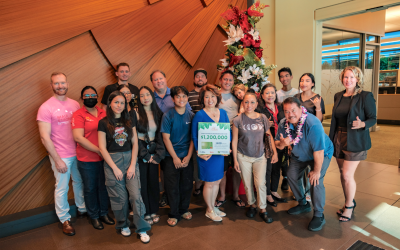
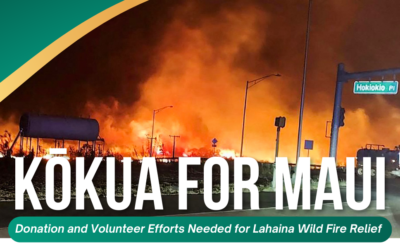
0 Comments